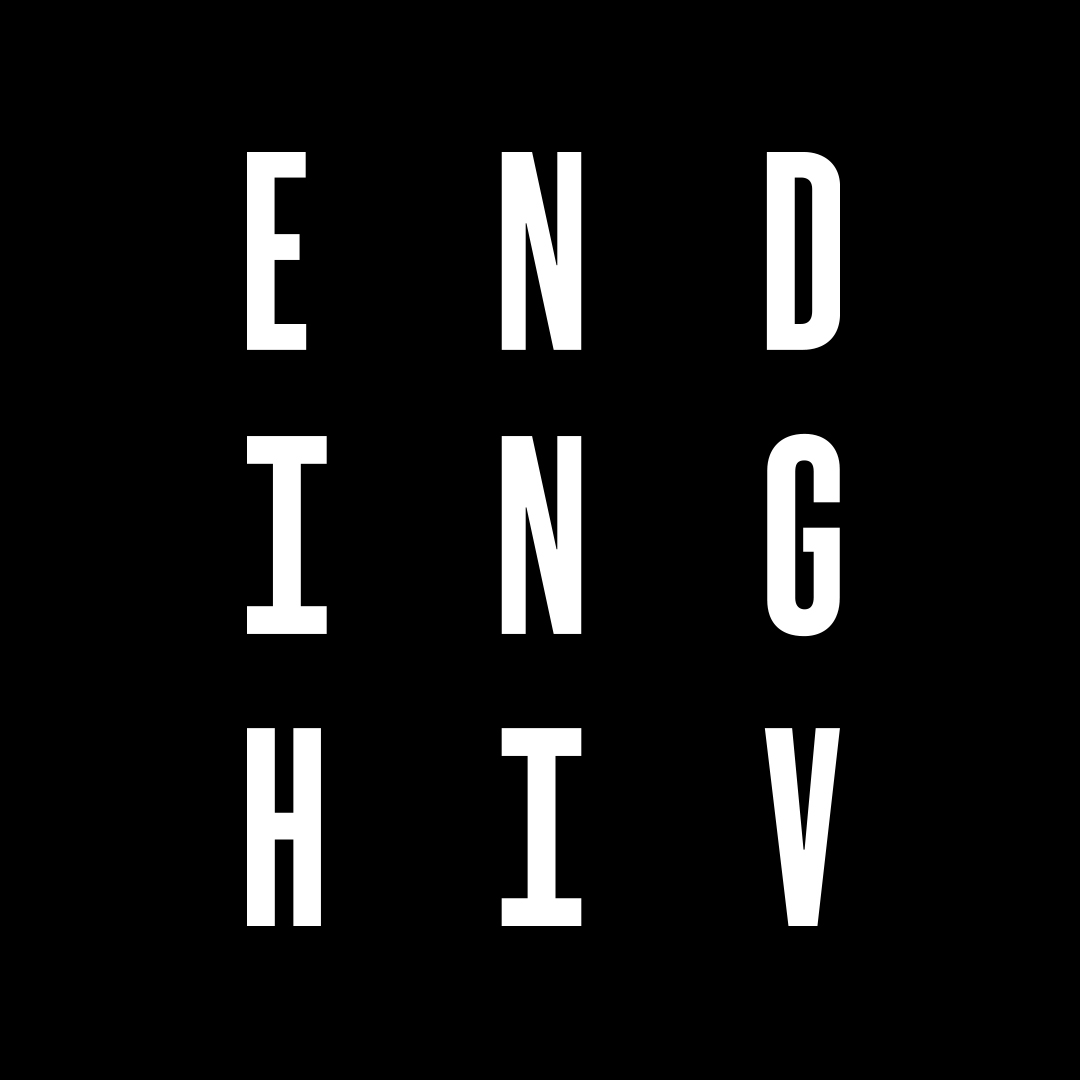MALIEK POWELL: THIS IS WHAT IT’S LIKE TO HAVE HIV IN 2014
American news site Vox.com recently interviewed 8 individuals who are HIV positive. Coming from various ages, sexual orientations, races, and backgrounds, the interviews provide a glimpse into what it’s like to live with HIV in today’s society.
Here is Maliek Powell’s story. Optimistic and supported by those he holds dear, Maliek tackled his diagnosis head on and, having learned he was HIV positive at just 19, has an inspiring story to tell.
“I received a phone call from the Health Department. I thought it was a joke. As much as the caller was asking me for information, I was also asking him for information. He told me to come down to the Health Department, because somebody I had been with had tested positive for HIV. I asked him his name, what office he worked in, his title.
After we got off the phone, I googled that caller, and I looked at the Health Department number just to make sure this was a real call. I called back, and asked for the person who called me. I told him I had to make sure I knew this was a real.
Down here, in the South, when you do hear about HIV, it’s in a joking way. People really don’t take it too seriously. They’re usually saying it to hurt somebody or joking about it.
I ended up going to the Health Department on a Friday. I went with my partner at the time. Of course, we had to wait on the HIV results, and it was a weekend.
But by Monday evening, I didn’t receive a call back. I thought maybe it’s a good thing I haven’t received a call, or maybe it’s not. So I called. He told me I needed to come back in.
At the time, I didn’t have a vehicle to come back in. So I said I need to know what’s wrong, and I already waited the whole weekend. He told me that I was HIV-positive.
As I was hanging up the phone, my sisters and my mother were coming through the door. Before my mom got out of the way, I went out the door and closed it behind me, and I immediately told her. She was the first person I told.
I cried. At the same time, my initial reaction was, “Okay, after I finish crying, we need to figure out what we need to do now.”
That’s just how my family is, though. My mom is a quadriplegic. My aunt is an amputee. I just come from a strong background of people. So if something comes up, we take it on.
From then, it was a matter of getting in treatment. I started treatment on the day of my birthday: July 12, 2012.
For a whole year, I went without telling almost anyone. The only people I told were my immediate family, except my sisters. My family is my support team. I used that year as a moment of my personal therapy. I researched. I looked at people who were open about their status, networking with people, talking to people on Facebook.
I knew I didn’t want this to be a secret. Anybody that knows me knows that I’m pretty much an open book: what you see is what you get. I wasn’t going to let HIV define or change me.
I asked people how they got to the point where they were okay telling people they’re HIV-positive. Those were the people I followed. I needed to know what I needed to expect.
A year after I found out, I decided to post my status on Facebook, Twitter, and Instagram. Mind you, this was news to pretty much everybody — except for my support system, my family.
I wasn’t really thinking about reactions. But I got great responses.
From there, I started volunteering for HIV prevention and outreach. I had always been involved in my community. So I had to do that work to prove I’m still Maliek.”
Read Maliek’s full interview: here.
